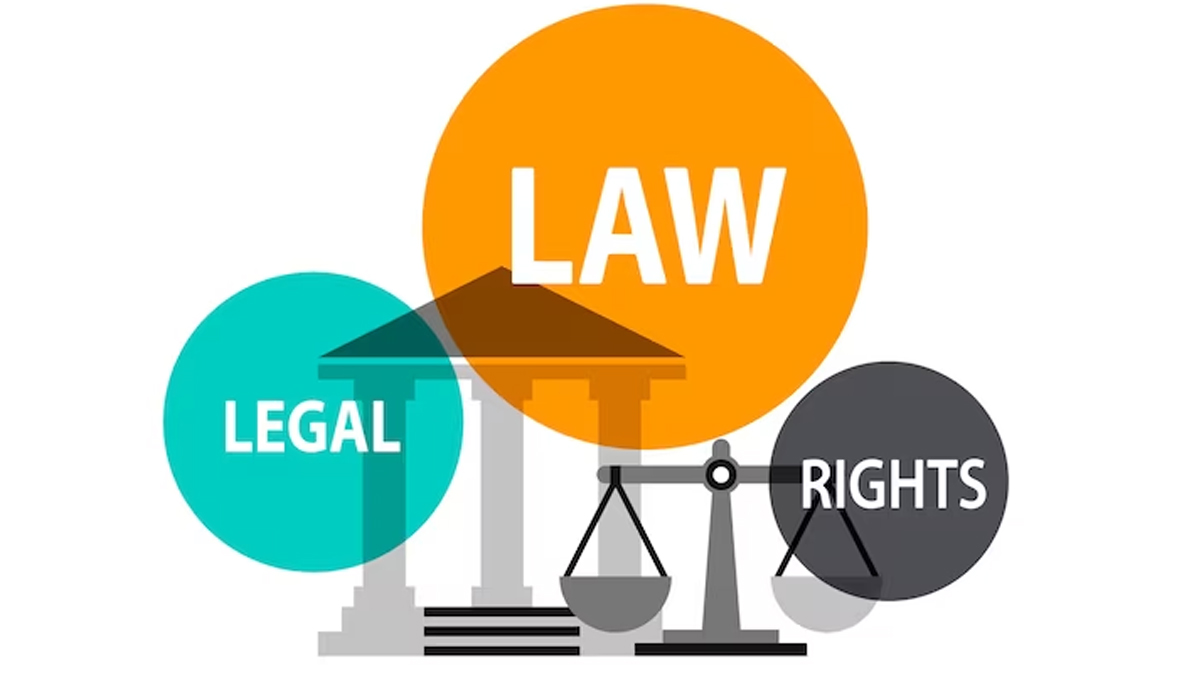K.A.-Abbas-v.-Union-of-India-(1970-AIR-564)-is-a-landmark-case-in-Indian-constitutional-law-that-dealt-with-freedom-of-speech-and-expression-under-Article-19(1)(a)-of-the-Indian-Constitution.The case arose when filmmaker K.A. Abbas challenged the constitutionality of India’s film censorship laws under the Cinematograph Act, 1952.
Facts of the Case: Abbas submitted a film, “A Tale of Four Cities,” for certification, which was denied an unrestricted public exhibition certificate (U) but was granted an “Adult” (A) certificate. He argued that the censorship violated his fundamental right to free speech and expression.
Issues: 1. Whether pre-censorship of films is a violation of Article 19(1)(a). 2. Whether the restrictions imposed by the censorship process are reasonable under Article 19(2).
Judgment: The Supreme Court upheld the constitutionality of film censorship, holding that films have a greater potential for influencing public opinion and, therefore, could be subject to pre-censorship. The Court emphasized that censorship must be reasonable and should not be arbitrary or excessive.
Significance: The judgment established that while films are a form of expression, their unique impact necessitates a different standard of regulation compared to other forms of speech. The Court also reiterated the need for a balance between freedom of expression and societal interests.
